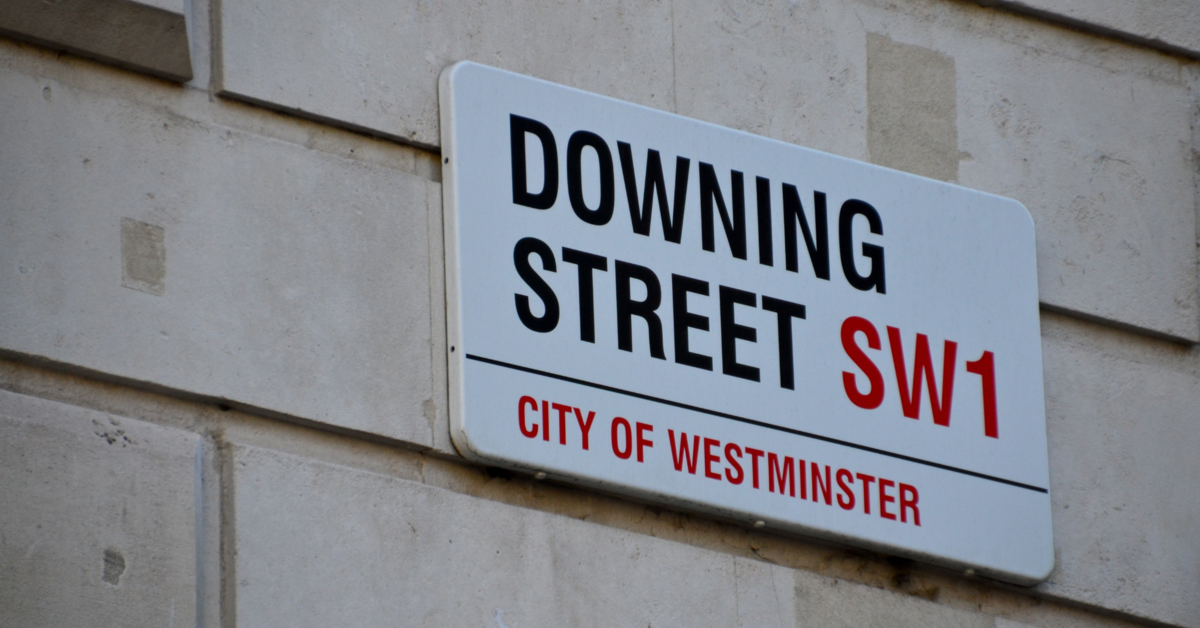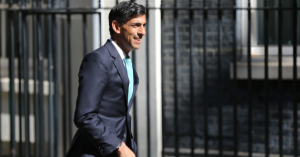Latest Bank of England report raises interest rates and warns of impending recession
The Bank of England has today published its Quarterly Report on Monetary Policy, which makes for stark reading for those in the UK.
The Monetary Policy Committee has decided nearly unanimously (8 of the 9 members voted in favour) to raise interest rates to 1.75% - a rise of 0.5%. This rise is the largest since 1995 and takes UK interest rates to the highest level since December 2008.
Along with this, the Bank has also raised its inflation forecast to 13% and now predicts the UK will fall into recession in the last three months of this year. The forecast from the Bank predicts that a recession would last five successive quarters.
The inflation rate forecast has risen to 13%, a further increase on the last Bank forecast in May, and has been driven by a further surge in energy prices. Since May, the price of gas has doubled as the war in Ukraine continues to bite. This has led to the Bank assessing that inflation will remain at ‘very elevated levels’ throughout 2023 before falling back to the 2 per cent target in two years’ time.
Critically, this will be a hammer blow for the cost of living in the UK. Real incomes are forecast to fall, with wage growth not keeping pace with inflation.
The pain felt by families up and down the country as a result of these economic figures are likely to be compounded by the energy price cap going up again in September, with an announcement on the level due at the end of August.
This must also be seen in a global context, with many other countries experiencing the economic shocks associated with inflation. In the US, last week the Federal Reserve enacted its second consecutive 0.75% interest rate rise to combat inflation, whilst the European Central Bank last month raised interest rates by 0.5%, its first rise for a decade.
Both candidates for Prime Minister will seek to grasp the political initiative to show they have the most compelling plan to address the economic situation.
The election for a new leader of the Conservative Party and Prime Minister has taken place in the context of an ongoing cost of living crisis, with both candidates offering a different prospectus for how to get inflation down and grow the economy.
Rishi Sunak, who’s trailing significantly in the polls, will leap on these figures, arguing that any plan to aggressively cut taxes will only make the problem of inflation worse – a direct attack on the frontrunner Liz Truss’ plan for £30bn worth of unfunded tax cuts. He will also be making the case that such cuts will lead to further interest rises which will hammer mortgage owners.
Sunak will be banking on these stark figures putting a seed of doubt in the mind of Conservative members, who will be receiving their ballots for the leadership contest this week.
Truss will seek to argue that these figures are a result of Sunak’s stewardship of the economy, which has led to limited growth and stagnation. She will argue that her plan to reverse the proposed rise in National Insurance Contributions and Sunak’s proposed increase in Corporation Tax, will put money back into the pockets of families and help stimulate growth. Truss has also indicated she would review the mandate of the Bank of England. It’s unclear as to what she has in mind for such a review, but many think that she might want to encroach on the Bank of England’s interest rate setting ability.
Sunak’s cautious arguments on the economy have not been passing muster with the Conservative Party. Just yesterday Truss received the endorsement of former Chancellor Sajid Javid. Javid made an explicit attack on the economic plans of Sunak, arguing that his plans would mean ‘sleepwalking into a high-tax, low-growth’ economy. This follows several other high-profile endorsements for Truss over the last few days.
What is clear is that whoever is Prime Minister has an enormous task ahead to tackle inflation and grow the economy. With an election looming in 2024, the specter of a recession poses a significant barrier to the re-election of a Conservative Government, leaving the door wide open for the Labour Party.
Despite all the noise on taxation, the Government will most likely have to engage in another large-scale economic intervention to protect families.
Throughout the leadership contest, both candidates have simply pointed to the package of measures that are already in place to support families, rather than saying they will do anything new. Given the dire situation, this will likely be insufficient.
Sunak had previously u-turned on whether he was going to announce additional support over the last 6 months. He initially strongly resisted taking action, preferring to wait until the impacts of inflation were clear, before eventually capitulating under political and economic pressure and announcing major spending pledges. It is likely that a future Prime Minister will have to do the same, despite being unwilling to admit to it at present.
The political and economic situation looks bleak for a future Prime Minister. Who would want the job?
What happens next?
Sunak and Truss are continuing to tour the country pitching to party members at a series of regional hustings.
The second of the televised debates is being held tonight, and will be the first chance to scrutinize the candidates response to the latest news from the Bank of England.
Members are set to receive their ballots by 11th August. The vote closes at 5pm on 2nd September. The winner will be announced on 5th September and most likely appointed as Prime Minister the next day.



